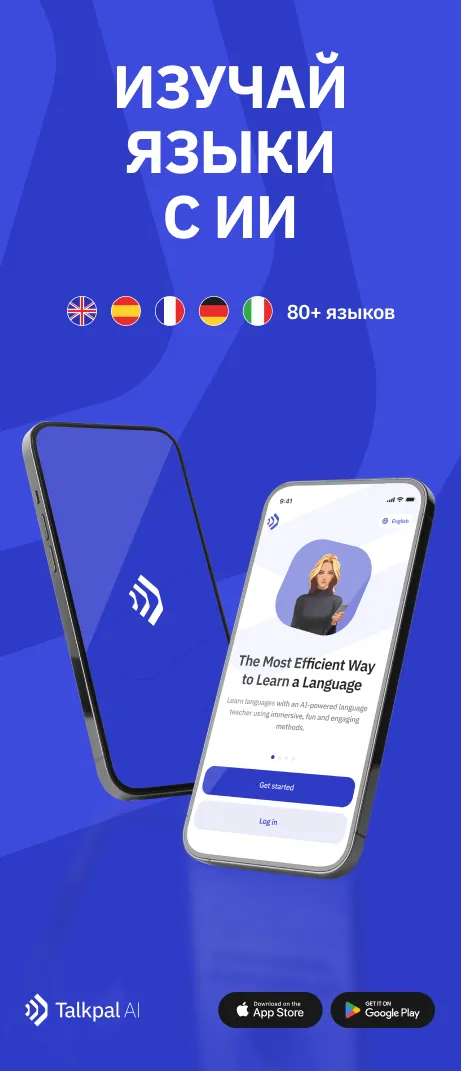Данные упражнения предназначены для практики использования различных форм будущих времен в английском языке. Учащимся предстоит выбрать правильную форму глагола, соответствующую контексту предложения. Это позволит закрепить знания грамматических структур и научиться более точно выражать свои мысли в будущем времени.
Упражнение 1: Future Simple и Future Continuous
By this time next week, I *will be sunbathing* (sunbathe) on the beach.
I think it *will rain* (rain) tomorrow.
Tomorrow at 10 AM, I *will be meeting* (meet) with my English tutor.
Don’t call him now, he *will be sleeping* (sleep).
Just give her a chance, and she *will shine* (shine).
Next year, they *will not be living* (not live) here anymore.
When you arrive, the show *will have already started* (already start).
I *will be studying* (study) all night for the exam.
They *will not make* (not make) the deadline at this rate.
This time tomorrow, I *will be flying* (fly) to Amsterdam.
We *are going to see* (see) the new movie tonight.
The weather forecast said it *is not going to snow* (not snow) this weekend.
I promise I *will not tell* (not tell) anyone your secret.
It’s getting dark. They *are going to turn* (turn) on the lights soon.
Are you sure he *will come* (come)?
Упражнение 2: Future Perfect и Future Perfect Continuous
By the end of this month, I *will have finished* (finish) my project.
She *will not have returned* (not return) from her vacation by Monday.
In two weeks, he *will have been working* (work) at the company for three years.
I’m afraid they *will not have completed* (not complete) the construction on time.
By 2025, scientists *will have discovered* (discover) many new species.
At the party tonight, we *will have been celebrating* (celebrate) for three hours by the time you arrive.
She *will have been studying* (study) French for five years by the end of this semester.
We *will have gone* (go) to bed by the time the movie starts.
He *will not have realized* (not realize) the mistake until you point it out to him.
By Monday, they *will have been traveling* (travel) for a whole week.
They *will have been living* (live) in that house for twenty years next month.
By the time we get there, the shop *will already have closed* (already close).
Tomorrow at this time, I *will have been running* (run) for thirty minutes already.
She *will have finished* (finish) writing the report by 5 o’clock.
I *will have been working* (work) here for ten years this December.










